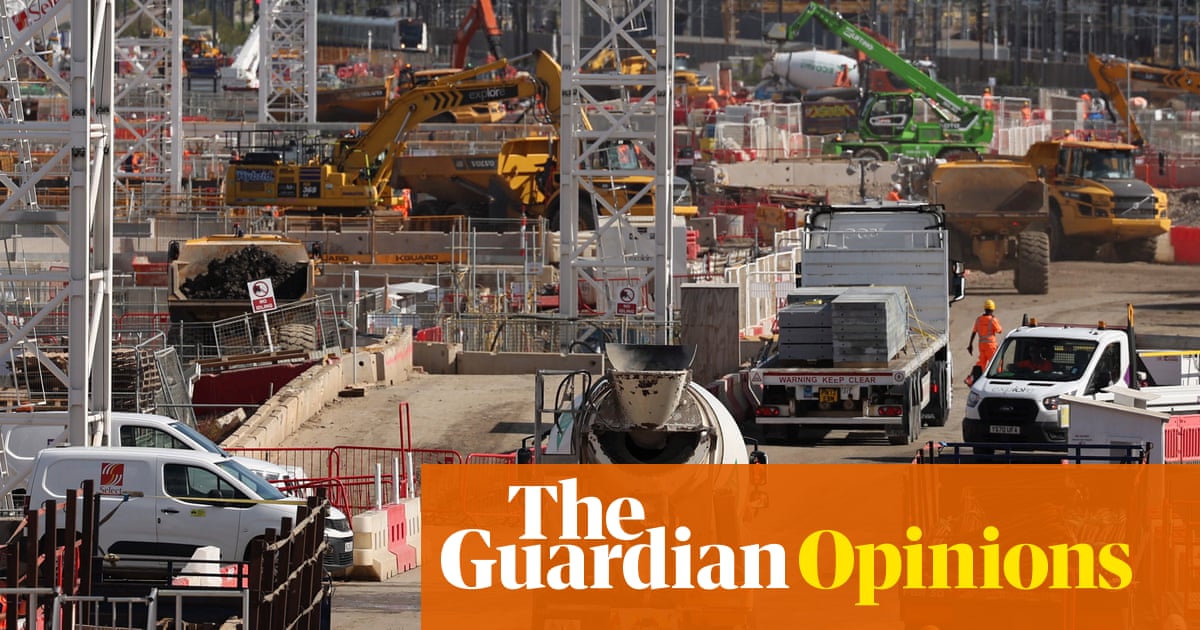One day there will be a high-speed rail link between London and Birmingham. Maybe. Not soon. WhenHS2was first proposed, an opening date for the first phase was planned for December 2026. After multiple delays and cost overruns, a revised target of 2033 was set.
That is no longer realistic, according to Heidi Alexander. The transport secretarytold MPson Wednesday that two more years are likely to be required, blaming the last Conservative government for mismanaging the whole project and wasting billions of pounds in the process.
The record is indeed dismal and, while HS2 was originally conceived in the last days of a Labour government, the systemic failure to bring it to fruition has happened under successive Tory prime ministers. Citing the findings of two new reviews into the scheme, Ms Alexander highlighted inadequate ministerial oversight as a consistent problem. Construction contracts were signed that failed to give value for money and, it is alleged, may haveenabled fraud.
The cost has ballooned while theambition has shrunk. Originally there was to be a whole high-speed network, extending north from Birmingham to Crewe and branching into the East Midlands. Meanwhile, the budget has soared. In 2012, phase one was forecast to cost £20bn. That rose over the ensuing decade to £57bn and the latest estimates are closer to £100bn. HS2 is a case study not in why the state shouldn’t build major infrastructure, but in how it must do so better.
Opponents of HS2 – and it has had many from its inception – feel vindicated in having warned that it was a money pit and a folly. These concerns are not trivial – nor should they be casually brushed aside. Infrastructure must serve the future, not scar it. That means designing and delivering projects that respect both nature and people.
But the benefit of the new line is not just in getting people to their destination faster but also freeing up capacity on the existing route. Although there is much to regret about the way HS2 has evolved so far, the case for aborting it is flawed, amounting to defence of a plainly inadequate status quo. Laying tracks and digging tunnels is environmentally disruptive, but railways are ultimately a more sustainable way to move volumes of people around than roads. Every precedent from modern transport history says the alternative to HS2 is not more green pasture but more cars.
London and Birmingham are not far apart, nor are they separated by vast mountains. High‑speed railways are not an experimental 21st-century technology. Other European countries have networks covering thousands of kilometres. It is embarrassing that the UK has managed justone line, from London to the Channel tunnel, opened in 2007.
Ms Alexander is right that the last government mismanaged HS2, but that failure also expressed a deeper malaise in the capacity of the British state to modernise. Pressing ahead with HS2 must mark a turning point: embracing greener construction, tighter cost control and democratic engagement. If lessons are learned, HS2 can still be salvaged and become a model – not a cautionary tale – for public infrastructure.
